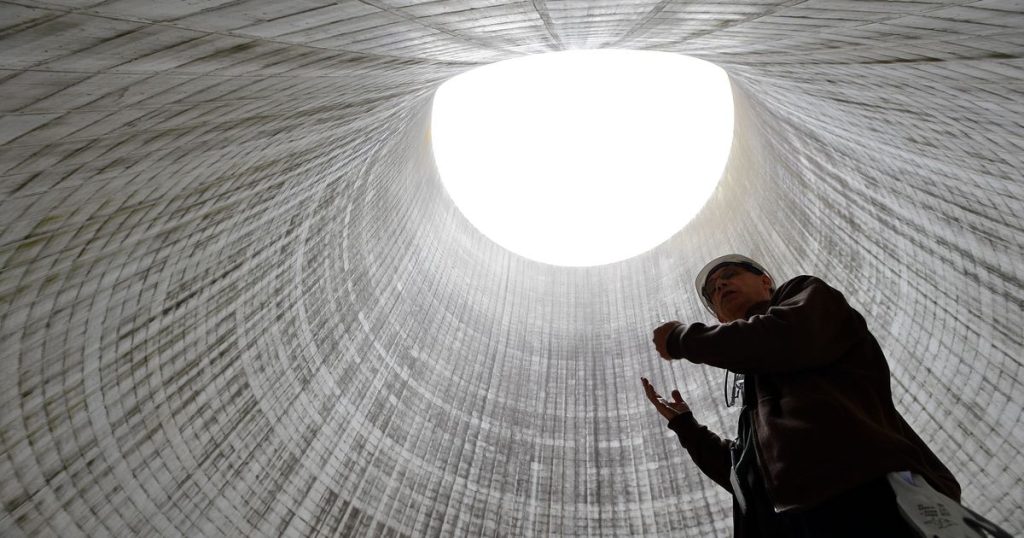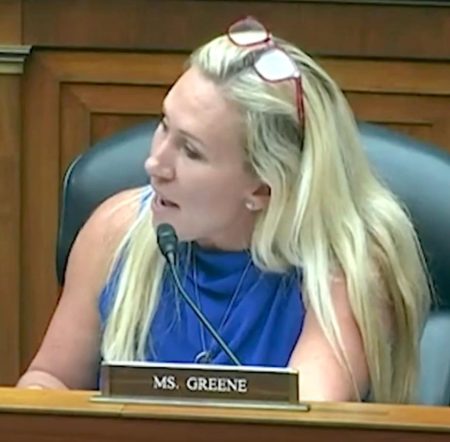The Biden administration’s plan to triple the global supply of nuclear power, with American-designed reactors running on fuel enriched in the West, aims to challenge Russia’s dominance in atomic energy exports and prevent China from controlling yet another green energy industry. However, the U.S. is lagging behind in building new reactors, with few utilities able to afford the cost and time investment required. The Tennessee Valley Authority (TVA), a federal power utility, is poised to play a key role in the U.S. government’s nuclear revival strategy due to its ability to deploy large-scale infrastructure that remains unattainable for private companies.
Unlike the U.S., countries like France, Japan, and South Korea use government ownership to successfully build and operate nuclear energy plants, leading to a wider gap between the U.S. and the rest of the world in the nuclear energy sector. The TVA, with its seven reactors currently generating 43% of its electricity, is working on next-generation projects to build small modular reactors to stay competitive in the market. However, the TVA faces a major roadblock with its debt limit set at $30 billion in the 1970s, hindering its ability to embark on new projects.
The TVA’s proposed projects to build small modular reactors could help it catch up to other countries in the nuclear energy arena. Still, the utility is also exploring other technologies, such as working with Kairos Power on a pilot project for a next-generation reactor running on fluoride salt. While nuclear power can complement renewable energy sources like wind and solar, the TVA faces challenges in balancing its portfolio and expanding its nuclear projects amid limited financing options.
The escalating costs and regulatory challenges have led to a debate within the TVA and environmental groups regarding the prioritization of nuclear projects versus renewable energy sources like wind and solar. While nuclear power can offer steady baseload power, it comes with higher upfront costs compared to other renewable sources, making it a less attractive investment for utilities. However, the TVA’s unique federal ownership structure may provide it with an advantage in deploying new nuclear technologies and catching up to global competitors.
The TVA faces scrutiny over its financial decisions, with concerns raised over its borrowing impacting the federal balance sheet and calls for privatization from previous administrations. The utility’s ability to fund new nuclear projects and navigate political and financial challenges will be crucial in determining its role in the U.S. nuclear energy economy and international competitiveness. With the Biden administration’s push to triple the world’s supply of nuclear energy, the TVA’s future projects and partnerships will play a significant role in shaping the country’s energy landscape and global standing in the nuclear industry.















